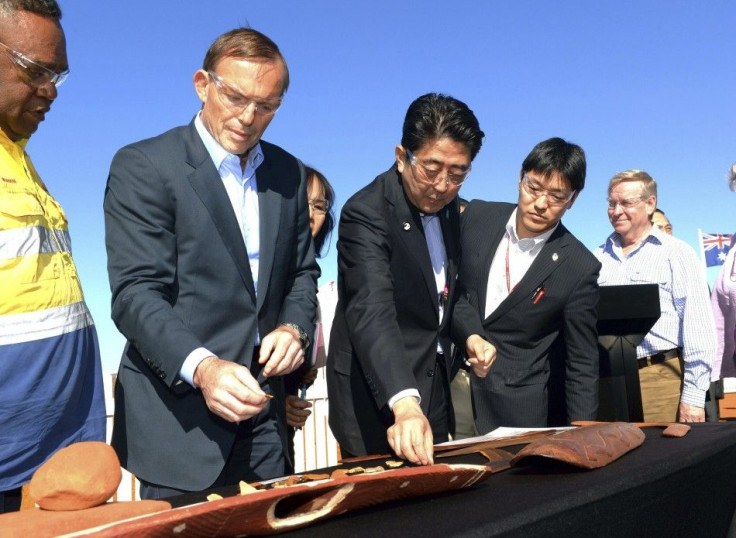Australian Economy Expected To Have ‘Solid Growth’ Despite Falling Iron Ore Prices

The Australian government's treasury department has released a new report about the economic and fiscal outlook for 2014-15. The report enumerates the list of policy decisions the government is taking to boost growth and examines the impact of falling iron ore prices on the budget.
The report expects the Australian economy to have "solid growth." Some of the contributing factors for the growth are said to be low interest rates, depreciation of the Australian dollar and low energy prices. The primary focus of the government will be the expenditure on infrastructure projects.
The government intends to continue to roll out the $50 billion investment in infrastructure that is aimed at removing congestion, improving productivity and creating jobs. Another initiative by the government to boost job growth is said to be the removal of Carbon Tax and the Mineral Resource Rent Tax.
But there are still some concerns about the health of the economy that primarily focus on the budget. The treasury report points to the falling iron ore prices, low wage growth, and weak tax receipts as some of the reasons for a big budget deficit. The cash deficit for 2014-15 is expected to be $40.4 billion. According to the report it cost the budget $10 billion because of delays in passing key legislations by the Senate.
Despite the problems ailing the Australian economy, such as falling stock markets in the past few days and a slowdown in the mining industry, the Real GDP is expected to grow at 2.5 percent in 2014-15. The economy is expected to further grow at 3 percent in the year 2015-16.
A key component in the budget relates to the expenditure on national security initiatives that range from the efforts of Australia in Iraq to countering home grown terror. About $1.3 billion is said to have been invested in this front to keep the citizens safe from the new threats that the country faces.
The treasury department report highlights the point that it may take some time and considerable effort to turn the budget into a surplus. It may reportedly take about a decade to achieve this goal. But the initiatives like the free trade agreements with Korea, Japan and China are expected to speed up the process.






